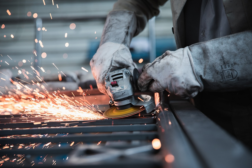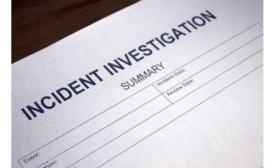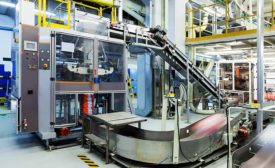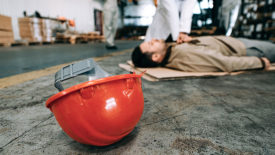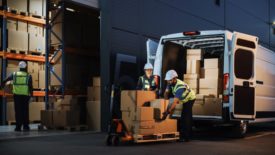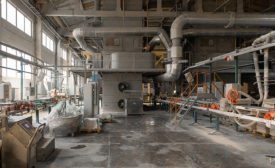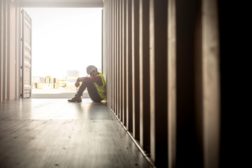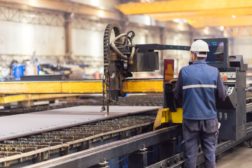Featured on Home Page
How to safely adapt to manufacturing’s new normal
Plant managers are dealing with parts and labor shortages
January 16, 2023
Become a Leader in Safety Culture
Build your knowledge with ISHN, covering key safety, health and industrial hygiene news, products, and trends.
JOIN TODAYCopyright ©2024. All Rights Reserved BNP Media.
Design, CMS, Hosting & Web Development :: ePublishing
